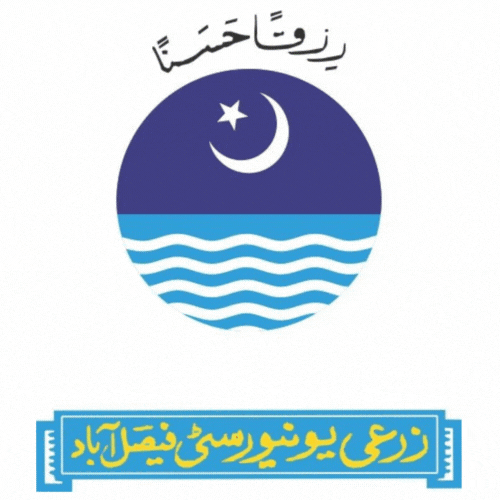
Indigenous Chicken Distribution Ceremony
A large number of indigenous uniquely adapted breeds have become extinct for the last so many years and further 32% are at risk of become extinct at fast track due to crossbreeding with and/or replacement by exotic breeds in programs designed to improve animal productivity coupled with neglect arising from shifts in social settings, production systems and/or market demand of certain animal products. The concerns expressed by UAF VC Prof. Dr. Iqrar Ahmad Khan while addressing the participants of indigenous chicken distribution ceremony organized by Department of Animal Breeding & Genetics under a joint program of UNEP, GEF, ILRI and UAF to conduct research on development and application of decision support tools to conserve and sustainably use genetic diversity in indigenous livestock & wild relatives here on Friday morning. Dr. Iqrar Khan emphasized to conserve the indigenous chicken as like organic food, many people were ready to prefer and pay for indigenous eggs and chicken meat. He underscored the need to revive the rural poultry that would help alleviate poverty and unemployment in the rural settings of the country. Dr. Khan expressed his dismay over the disappearance of indigenous poultry, and hoped that under the project, distribution of indigenous chicken amongst rural poor families would pave a way to sustain and revive the rural poultry that will regain its past glory shortly. He praised the provision of 5.7 million $ by the donors to execute the project by four institutions i.e. University of Agriculture Faisalabad, Bangladesh Agricultural University, University of Peradeniya Sri Lanka, and National Institute of Animal Husbandry, Veitnam to secure and improve livelihoods of poor livestock keepers through utilization and conservation of indigenous Farm Animals and Genetic Resources. Addressing the gathering, National Coordinator of the project and Chairman Department of Animal Breeding & Genetics Prof. Dr. Sajjad Khan gave briefing about the objectives, target species, expected outputs of the project. He told that from Hasilpur and Faisalabad, three villages from each district had been selected by random sampling and later from each village, 50 households were earmarked to give them a set of 4 hens and one cock with a condition to keep the parents and return back the first batch of offspring’s so that other needy families may also get benefit and cascade effects may alleviate poverty. He said the project will enable to have an assessment of diversity; market and policy analysis, and identification of future policies with their impact. He revealed that his department is going to introduced to new breeds of chicken.

